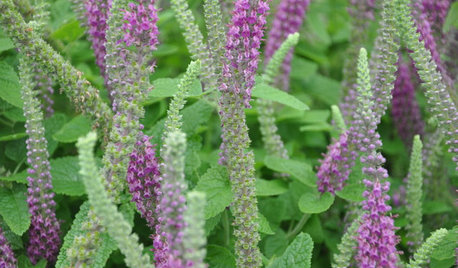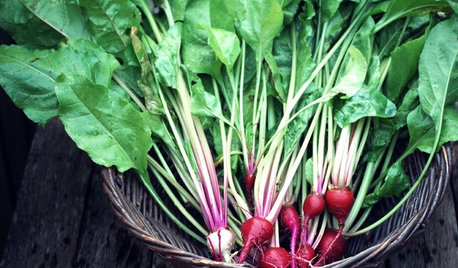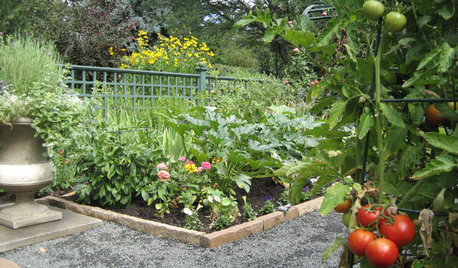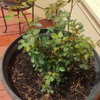Alfalfa tea
nicholas_delo 7a
10 years ago
Featured Answer
Comments (15)
henryinct
10 years agodublinbay z6 (KS)
10 years agoRelated Professionals
Carlisle Landscape Architects & Landscape Designers · Arnold Landscape Architects & Landscape Designers · Pelham Landscape Contractors · Arden-Arcade Landscape Contractors · Dinuba Landscape Contractors · Ellensburg Landscape Contractors · Fairhope Landscape Contractors · Forest Hills Landscape Contractors · Gaithersburg Landscape Contractors · Mason Landscape Contractors · Pahrump Landscape Contractors · Panama City Beach Landscape Contractors · Riverview Landscape Contractors · San Pedro Landscape Contractors · Webster Groves Landscape Contractorshenryinct
10 years agokidhorn
10 years agodublinbay z6 (KS)
10 years agodiane_nj 6b/7a
10 years agohenryinct
10 years agodiane_nj 6b/7a
10 years agohenryinct
10 years agodiane_nj 6b/7a
10 years agohenryinct
10 years agodiane_nj 6b/7a
10 years agohenryinct
10 years agosocks
10 years ago
Related Stories

WINTER GARDENINGPruning Secrets for Exquisite Roses
Encourage gorgeous blooms year after year with this time-tested advice on how to prune your rosebush in winter for health and shape
Full Story
FEEL-GOOD HOME9 Smells You Actually Want in Your Home
Boost memory, enhance sleep, lower anxiety ... these scents do way more than just smell good
Full Story
GARDENING GUIDESLearn the Secret to Bigger and Better Roses
Grow beautiful roses using both ordinary and unusual soil amendments
Full Story
EDIBLE GARDENS8 Last-Minute Additions to a Summer Edible Garden
It’s not too late to get these vegetables and herbs planted for a bountiful harvest this year
Full Story
GARDENING GUIDESHow to Switch to an Organic Landscape Plan
Ditch the chemicals for a naturally beautiful lawn and garden, using living fertilizers and other nontoxic treatments
Full Story
PLANTING IDEASGreat Garden Combo: Rose + Clematis for Small-Space Impact
We all need somebody to lean on. And when a rose supports a climbing vine, the results can totally transform a small garden
Full Story
GARDENING GUIDES15 Native Flowers That Feed Native Bees
These perennials offer superfood to hundreds of bees and are gorgeous in their own right
Full Story
GARDENING GUIDESPacific Northwest Gardener: What to Do in June
Now's the time to prune pines and vines, prevent pests and buy June-blooming plants to keep your garden healthy and beautiful
Full Story
GARDENING FOR BUTTERFLIESGardening for the Bees, and Why It’s a Good Thing
When you discover how hard bees work for our food supply, you may never garden without them in mind again
Full Story
GARDENING GUIDES13 Risks to Take for True Garden Rewards
Go ahead, be a rebel. Breaking rules in the garden can lead to more happiness, creativity and connection with the earth
Full Story








kathy9norcal